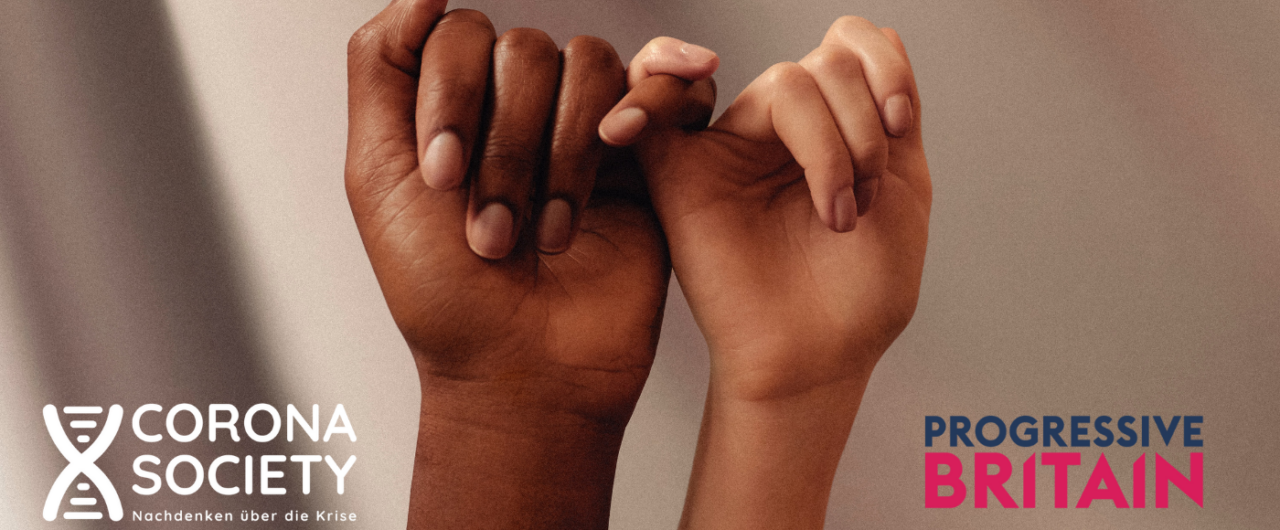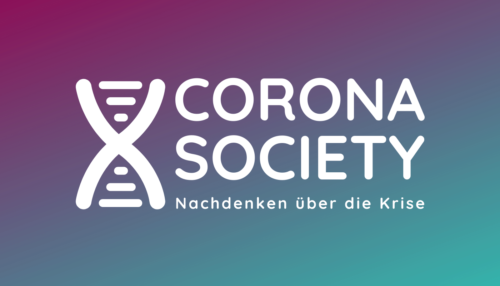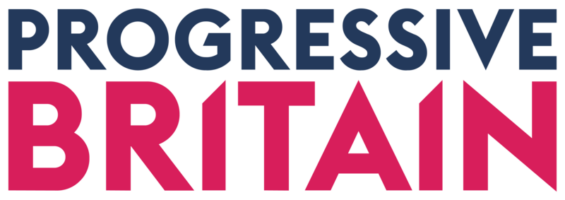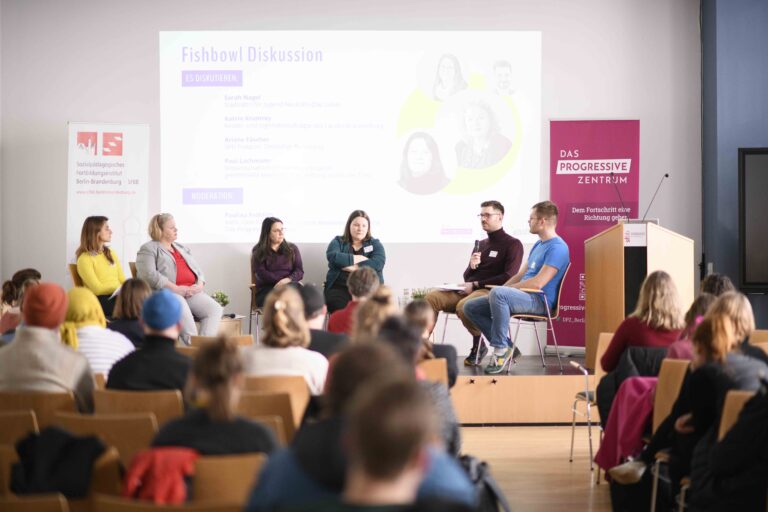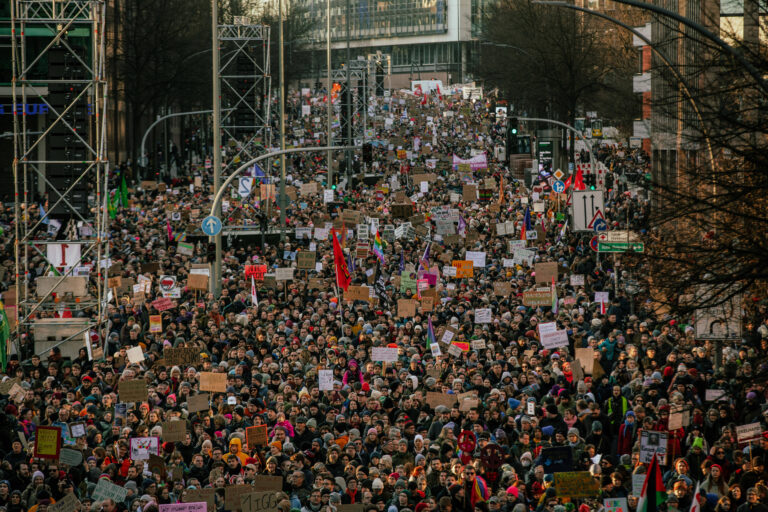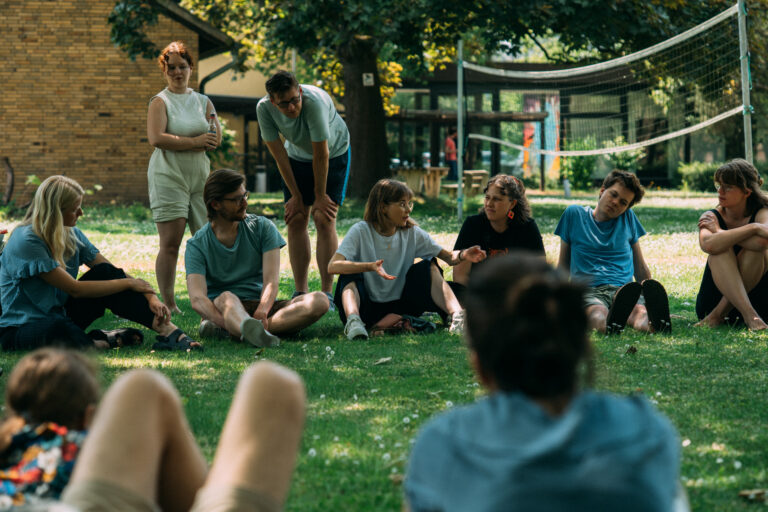It has been said that after a pandemic, nothing would be the same. Indeed, as life resumes alongside the phasing out of lockdown measures, individuals can re-emerge as different people altogether.
Some have experienced trauma from having lost a loved one, some have emerged as heroes, having contributed to the struggle against the virus and having saved countless lives. Some, though, have been struggling, having been unable to work and others have seen their businesses fail. Others still now feel empowered by having discovered their ability to handle high level business meetings and pre-school arts and crafts almost simultaneously. And whilst our personal experiences of lockdown vary, there are some widely-held impressions that many people are likely to preserve in their minds as we emerge into the ‘new normal’. Among them is an image of a post-COVID contemporary woman, who is a symbol of a different way of thinking about gender equality. Frankly speaking, it was high time for this icon to emerge. This represents an important new chapter in socio-political terms.
Before COVID struck, the EU was gearing up to implement a new Gender Equality Strategy. On the one hand, this represented something of a throwback in the light of the 25th anniversary of the 1995 Beijing Declaration, agreed at the Fourth World Conference on Women. The Declaration remains today the most progressive blueprint for advancing women’s rights. On the other hand, there was also a growing awareness that policies oriented towards advancing gender equality had suffered successive setbacks, partly because of the cuts relating to the 2008 financial crash, when it was claimed that the EU could no longer afford to fund programmes specifically dedicated to the fight for women’s rights, such as the Daphne programme, which was designed to protect victims of gender-based violence. Other reasons for the setback include the socio-political tendencies that went with the rise in support for right wing authoritarian parties in countries throughout Europe. Whilst the specific content of the new EU Gender Equality Strategy was well known – ranging from the fight against gender pay gaps, sexual and sexist violence, and the ‘glass ceiling’ in the world of employment – they were treated as standalone items and lacked any true sense of urgency.
But then the Coronavirus came along. The world froze, our front doors closed, and the demarcation lines in the battle against the pandemic were drawn. Clearly, women appeared at the frontlines, and hereafter, an important Rubicon has been crossed.
While drawing historical parallels are typically open to criticism, as each time is in itself unique and requires its own answers, there is something to be said about history repeating itself and the mechanisms that apply when this happens. In this way, it may be useful to observe how the onset of COVID-19 echoes with a chapter from Europe’s recent past. Just over a century ago, in the midst of the First World War, many women stepped into factories, shops and hospitals to ensure their communities and nations survived the horrors of war. By the time the war ended, the calls for female emancipation could no longer be denied or delayed. Soon after the right to vote was institutionalised in many places where it had been lacking, including in Germany, Poland, and the UK, paving way for many other bills that would advance female emancipation. It would seem that now, in 2020, as was the case back then, that the world may also be at a turning point and embarking on efforts to ensure equality between men and women can no longer be postponed.
Women have stepped up to fight the Coronavirus, making up a majority of frontline workers in many places and contexts throughout the world, and there is no way they will stand down and let their issues fade away once things return to whatever ‘normal’ is going to be.
In these past months, to put it bluntly, gender equality has become the critical socio-political question of our time. The ability to respond adequately will determine success or failure not only of any recovery, but of the entire modernisation process that the EU is committed to bringing into being.
Consequently, the COVID-19 crisis, as multidimensional as it has been, has exposed the fact that gender equality can no longer be treated as a proverbial hashtag for different, scattered issues. Instead, it now stands for a specific complex and an interrelated agenda, which encapsulates undeniable, inseparable rights and ambitions of contemporary women. As such, it has to be at the core of how to we can move forward from here.
Indeed, one cannot talk about recovery of the economies without finally recognising that it will never work, if stark inequalities, such as gender pay gaps, are tolerated. To do otherwise would simply be to accept that the system does not work. In a similar way, economies will never be resilient, if women continue to be the predominant providers of invisible work inside the home and if domestic work does not receive the full recognition that it deserves; if women are more likely to take part-time, precarious jobs; and if women are underrepresented when it comes to entrepreneurships and leadership roles. Those imbalances truly work for no one. And to that end, looking ahead, it is impossible to think about the future of the labour market and the incredible COVID-induced leap forward in digitalisation, without realising what kind of a challenge the pandemic has brought to the professions dominated by female workforces, including the rapid onset of e-teaching and of the need for the care sector to adapt to social distancing constraints.
Additionally, the pandemic has brought number into the spotlight questions that had been largely perceived as individual issues and which were treated collectively only because of their large aggregate volume. One of these is the issue of domestic violence. Of course, there is nothing new about domestic violence. The emergence of the #MeToo movement in 2016 has also provided further momentum of attention for the issue, culminating each year during the International Day for the Elimination of Violence against Women on November 25th but this hadn’t translated into decisive, bold measures. However, for many, the onset of COVID-19 exposed how living in a household marked by sexual or sexist violence equates with living a threatened life, and some important action has already been taken. A prime example of this is the European Parliament designating one of its buildings in Brussels as a shelter for vulnerable women. The picture of David Sassoli, the European Parliament President, opening the doors is further example of a powerful image that will remain in the collective memory long after the pandemic, and that will hopefully stand for a true commitment to finally deal with the problems of domestic violence in a meaningful way.
Our Blog
Corona & Society: Reflecting on the crisis
What can society and politics learn programmatically and conceptually from the crisis?
These and many other issues provide a clear impulse for what political agendas should be about in the post-COVID world. There is a need for gender budgeting in each and every recovery plan. There must be a gender-proofed approach to strategies when it comes to the great transformation processes (including around the Green Deal and Digitalisation) and to the specific aspects of public policy, such as regarding reform of education and labour markets. Governments must reassure our societies by showing how the pandemic has provided a learning process, but also that there is a sense of urgency to deal with the chronic social diseases such as discrimination based on gender, harassment and domestic violence. Measures must point not only to ideals, but also to concrete ways of directly helping victims, as well as the sanctions and punishments that perpetrators will be exposed to.
To look at these themes collectively, one might not be able to resist the view that their unifying characteristic is a desire to bring about emancipation and economic empowerment. This is an incredibly important notion, which for some time, has been somewhat in the shadow of other debates, and even those that revolve around the need to fight inequality. With that in mind, there is another observation to be made.
In general, the image of women emerging from lockdown is not the one of victims. Even if many women have been put under massive pressure – both privately and professionally – in the mainstream discourse they have emerged as the true heroines from the pandemic experience thus far.
And this links to yet another field, where women are being recognised and put forward as inspiring examples. That is in the world of politics, where finally after the pandemic the juxtaposition of “female” and “leader” no longer represent an exotic neologism.
Based on a broad survey of the international media, arguably the most celebrated example has been Jacinda Ardern, the Prime Minister of New Zealand. When the COVID-19 crisis emerged, she took time to ensure that everyone, including those around her as well as the wider citizenry, acquired an understanding of the situation. Her podcasts with experts stood in contrast with what the world had become used to, as it wasn’t the Prime Minister who was stating the facts, it was the Prime Minister who was asking questions to experts. In the same way Ardern used her social media live videos almost daily to simply “check in on everyone” to use her own words. Then she rolled out an ambitious battle plan, and while doing so – she remained both composed and compassionate, which translated into widespread reassurance for all Kiwis. By the time the pandemic was starting to fade in New Zealand, Ardern again stepped up and put in place a recovery plan, and also declaring that she and other cabinet ministers would take a pay cut to express solidarity with those who would be impacted the most by economic loss. Aside from this compassion and empathy, Ardern had also acted decisively, making the bold, sometimes unpopular decisions to introduce strict lockdown measures for the good of her own people rather than for her own popularity. In many ways, Ardern’s performance has been the definition of how modern progressive leadership should look.
But Ardern wasn’t the only one. To give a European example, Mette Fredriksson, the Prime Minister of Denmark exerted a positive influence over her country in these turbulent times and acted decisively by coming up with a recovery plan that moves away from a politically neutral approach to recovery, by proposing that only those companies who pay their fair share of taxes and that do not bend rules by trying to benefit from tax havens, would be eligible for financial support from the state. From another perspective, the Finnish Prime Minister Sanna Marin is registering extremely high levels of support in excess of 80% of the Finnish citizenry for her handling of the crisis. Under COVID-19, the typical comments about Marin – that she is the second youngest female state leader and youngest Prime Minister of Finland ever – faded away, as she became known for her ability, humility and trust that she repaid by believing in her country’s citizens. Marin even took time to organise one of the first ever online conferences for children to pose any questions they may have had for the government regarding the pandemic.
It is undeniable that Ardern, Fredriksson and Marin are also progressives, and we could also look at strong female leadership in Belgium and Germany as well for effective leadership from across the political spectrum under COVID-19.. And while Ardern, Fredriksson and Marin are women, the world predominantly no longer evaluates them as ‘female leaders’, and instead, nowadays they are evaluated simply as prime ministers, which hopefully indicates that a qualitative change is taking place, and it is their action and not their gender that will be seen as extraordinary.
To sum up, it is not overly sanguine to claim that the COVID-19 pandemic has ushered in major changes for how we view gender and the role of women in society. For women, who stood up to the challenge – politically, professionally and privately – it has brought recognition, as well as awareness for diverse issues that they had long been fighting for. They are no longer singular campaigns, but now belong to a more coherent agenda, which is built on principles of social justice, empowerment and equity. As such, it simply must be treated with a deep sense of urgency. There can be no recovery, no successful transformation, and to that end, no better future, unless all the strategies and policies account for issues of gender. And to that end, this moment – as it was one hundred years ago – provides a major historical test of whether these months will not only be remembered for the global pandemic, but also as a turning point in the ongoing struggle for social progress and gender equality that this period will be remembered for a century from now.
This article was initially published by the British think tank Progressive Britain on its blog Aftershock.

